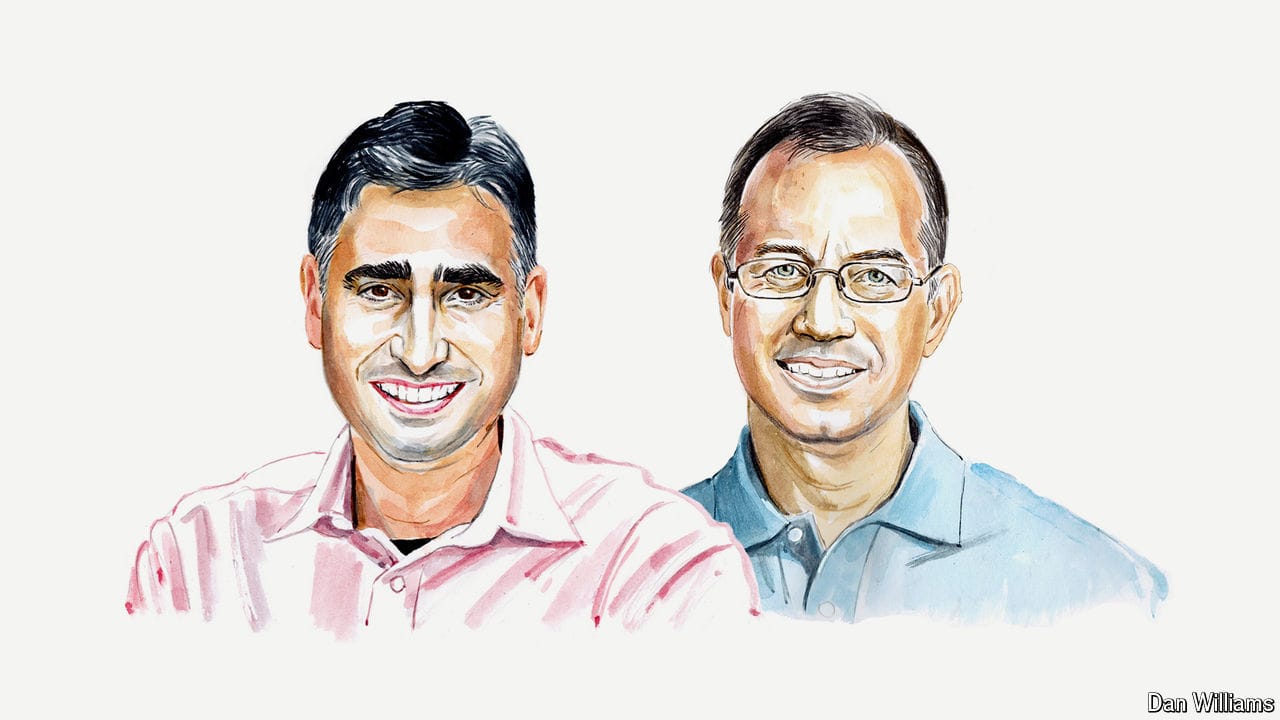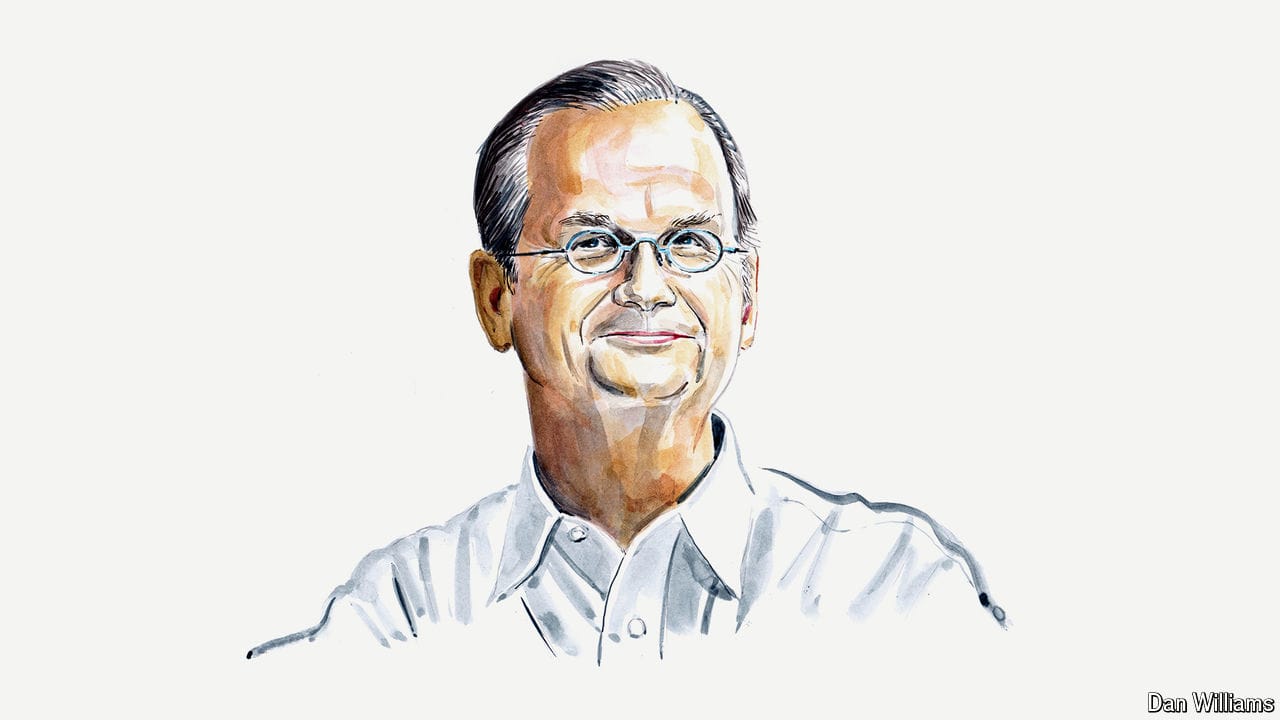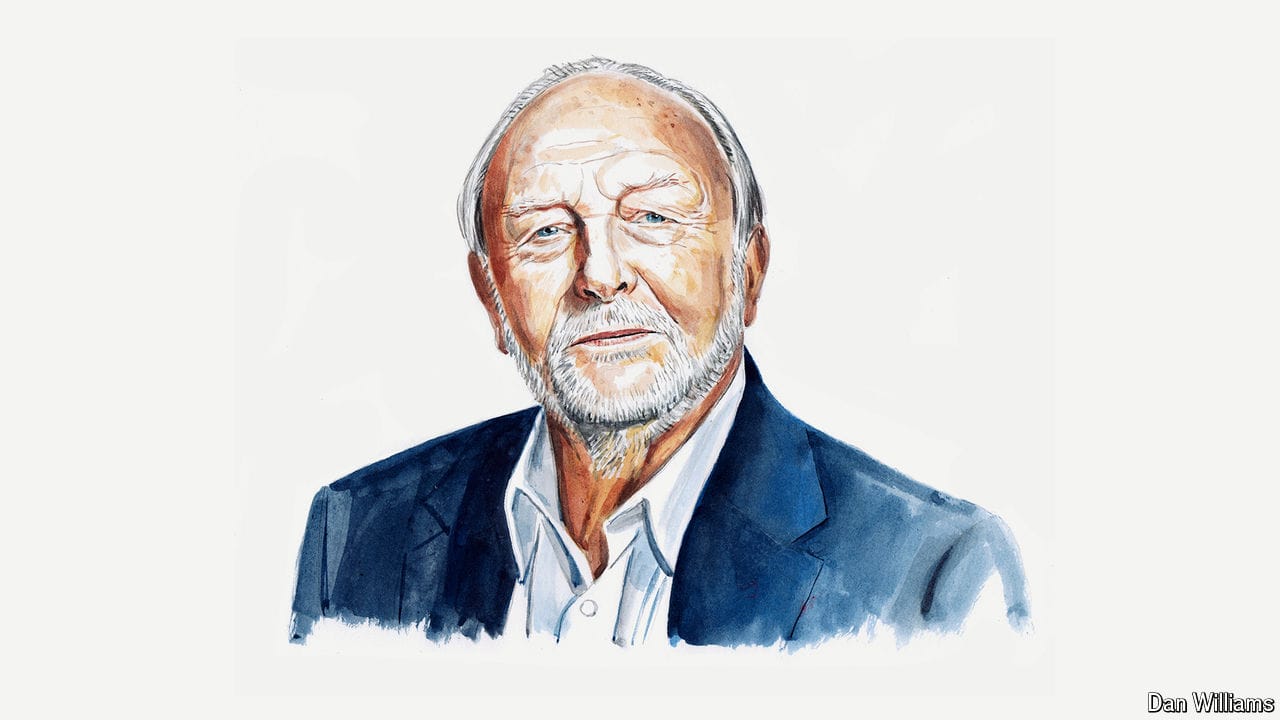Letters
SIR – Ian Castles (Letters, May 26th) says that world income distribution has become more equal over the past 25 years. My article (“Winners and losers”, April 28th) shows why one cannot make such an unqualified statement. Of the many plausible measures, Mr Castles's statement rests on the one most favourable to the view that inequality is falling. In particular, he uses PPP exchange rates, which introduce a very substantial downward bias. If we are interested in distribution from the point of view of issues such as migration, the marginalisation of developing countries and capacity to repay foreign debts, we should compare incomes with market exchange rates. The conclusion is then unambiguous: distribution became much more unequal over the past quarter-century.
Nancy Birdsall (Letters, May 26th) is right that inequality within developing countries is probably contributing to low growth. The same applies to inequality at the world level. America after 1945 realised that its own growth would be imperilled if it did not redistribute massively to Europe. Today, transfers from rich countries to poor, and downwards redistribution within poor countries, are in the collective interests of the rich countries. Those who say, as you do, that “pulling up the poor still seems a nobler calling than pulling down the rich”, overlook this (Economics focus, April 28th). Without downwards redistribution, the rich may not remain rich.
This article appeared in the By Invitation section of the print edition under the headline “Letters”
More from By Invitation

Keep the code behind AI open, say two entrepreneurs
Martin Casado and Ion Stoica argue that open-source models will power innovation without compromising security

Not all AI models should be freely available, argues a legal scholar
The more capable they are, the greater the risk of catastrophe, reckons Lawrence Lessig

Neil Kinnock on the post-war-like challenges facing Keir Starmer
A lack of social cohesion compared with 1945 makes them even more daunting, says the former Labour leader and Starmer confidant
A prominent donor on why the Democrats shouldn’t anoint Kamala Harris
A competition to replace Joe Biden would better serve the party, and the country, argues Joe Ravitch
Halt the Olympics to save the planet, pleads a sports historian
David Goldblatt thinks pausing the spectacle might jolt the world into grasping the severity of the climate challenge
Rachael “Raygun” Gunn on the new sport that will invigorate the Olympics
The Australian breaker hopes we’ll all soon be talking about B-Girls, B-Boys and double airflares
